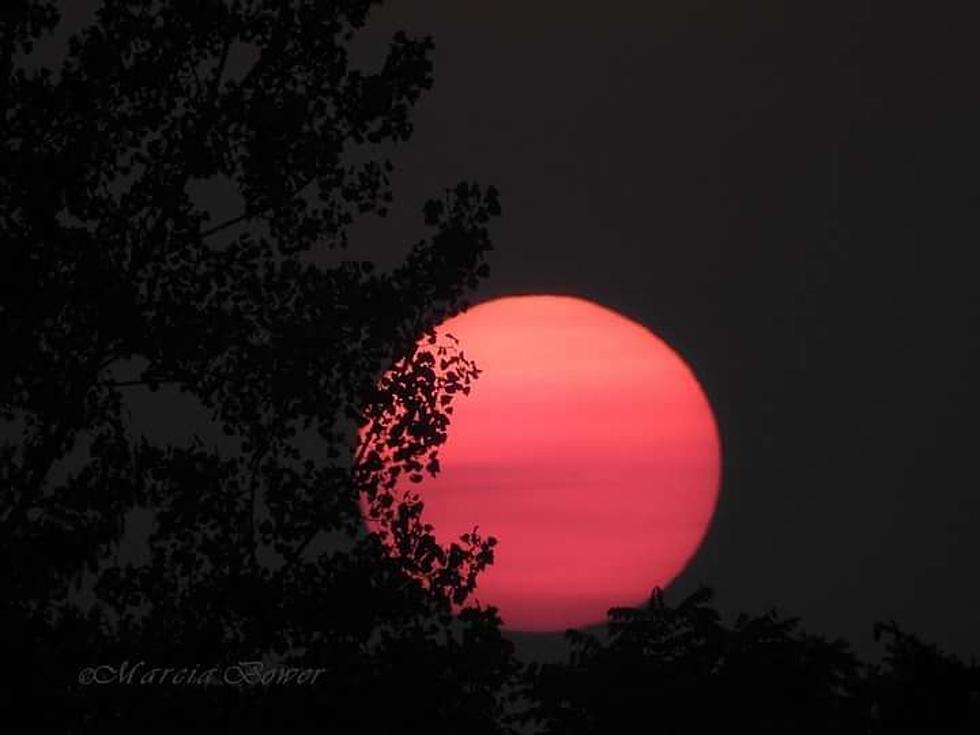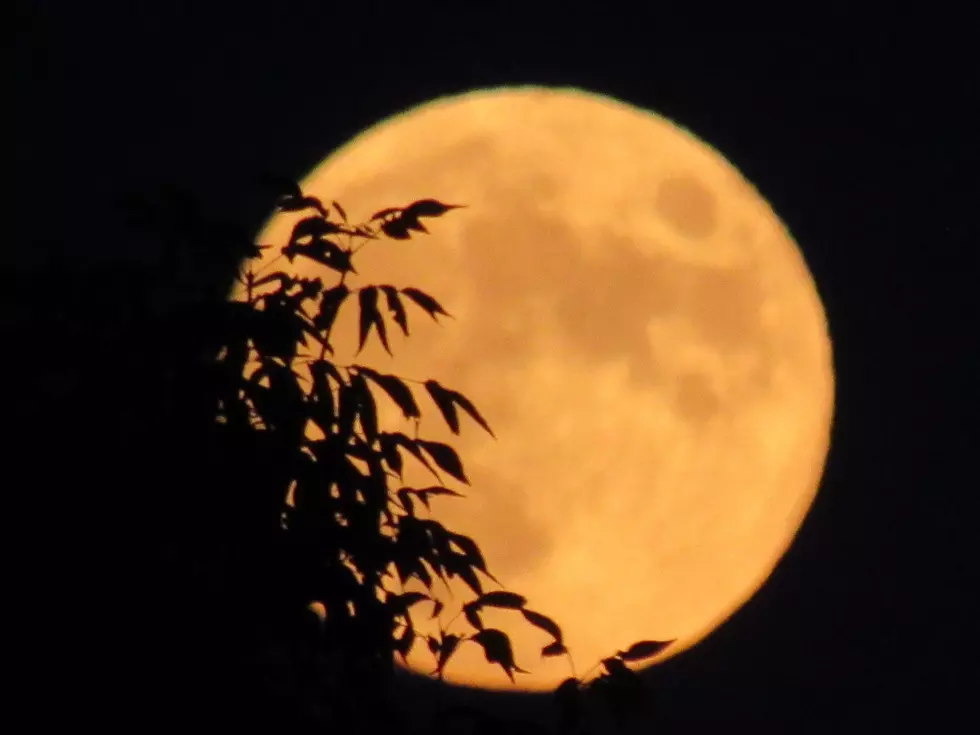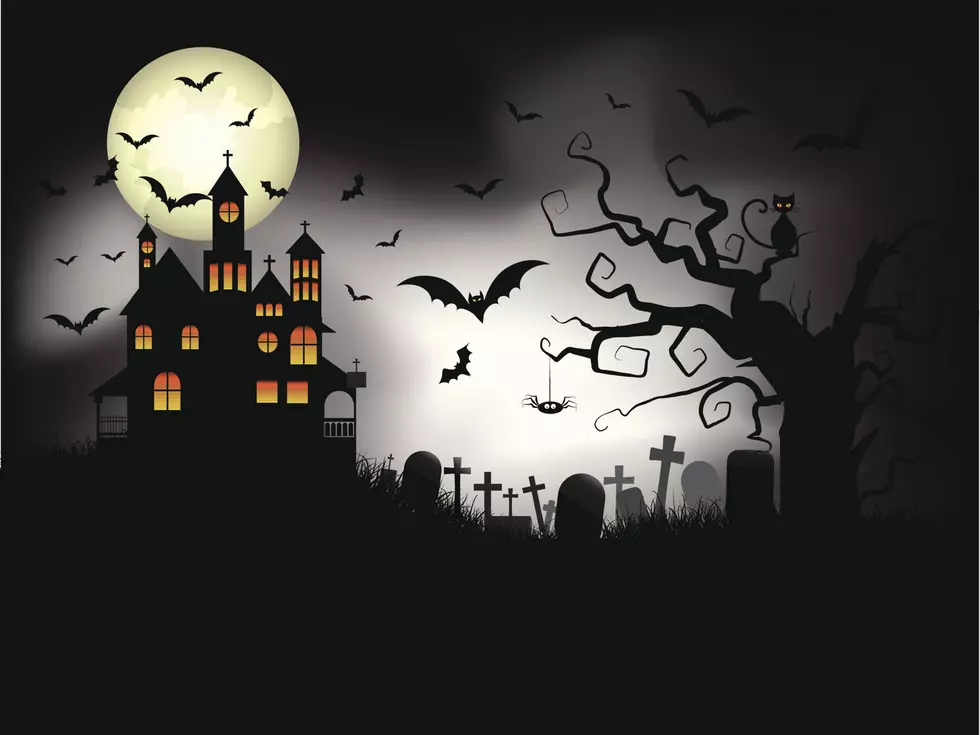
Will November’s Full Beaver Make You Crazy?
Will the Full Beaver Moon this weekend change your behavior?
November’s full Moon is called the Beaver Moon by both the colonists and the Algonquin tribes because this is when they set their beaver traps to before the swamps froze, to guarantee a supply of warm winter furs. Other Native Americans called it the Full Frost Moon.
The Full Beaver Moon will look large and bright but the next Supermoon, the largest full Moon of the year is not until next month. The Farmers Almanac says Richard Nolle, who defined the “Supermoon” term, said it’s a New or a Full Moon that occurs when the Moon is at or near (within 90% of) its closest approach to Earth in its orbit. It is not clear why he chose 90%, but his way of calculating would suggest that the Moon is not within 90% of its closest approach to Earth.
Some people believe the phases of the moon affect human behavior. Afterall the term "lunatic" comes from the Roman moon goddess "Luna." A Washington Post article states: "In ancient Greece and Rome, philosophers posited that the water in the brain might be subject to the same kind of tidal motions as the sea, creating a wave of strange behavior whenever the moon was particularly full or large in the sky. Some version or another of this belief has survived through hundreds of years and countless cultural shifts." but the bottom line is after multiple studies, there is no proof that the full moon has any effect on our behavior.
[Information from Farmer's Almanac and Washington Post]
More From 96.1 The Eagle







![Stunning ‘Strawberry Moon’ to Rise Friday Night [Gallery]](http://townsquare.media/site/498/files/2020/06/14496pre_c5f64fad89df15b.jpg?w=980&q=75)

